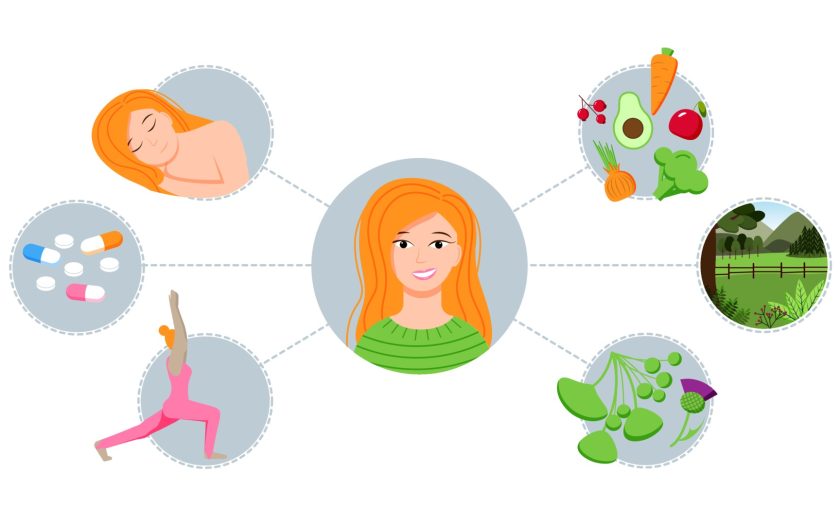-
Whole grains.
During moments of low mood, there may be a craving for something sweet. This is because sugary foods temporarily boost neurotransmitter levels and can create the illusion of mood improvement. However, consuming processed carbohydrates can increase the risk of developing depression and anxiety due to frequent and sharp fluctuations in blood glucose levels and elevated insulin levels. Insulin can lower blood sugar below normal levels, leading to feelings of fatigue, irritability and depressive states.
Regular consumption of foods that release energy slowly can help maintain stable blood sugar levels. Whole grain products, such as oatmeal, buckwheat, brown rice and millet, whole grain breads and legumes (peas, lentils, chickpeas) are excellent choices. Incorporating whole grains into your diet can help maintain a stable mood and emotional well-being.
-
Water and other beverages.
Proper fluid intake is crucial for maintaining emotional and physical health. The general recommended water intake (including other beverages and fluids from food) is as follows:
- about 3.7 liters per day for men;
- about 2.7 liters per day for women.
Approximately 20% of the daily fluid intake typically comes from food, with the remainder from beverages. During stress or poor mood, you might feel a lack of energy or motivation to consume enough fluids. However, dehydration can lead to impaired concentration and clear thinking. Drinking water, fruit or herbal infusions and natural juices without added sugar are excellent ways to stay hydrated. It is important to remember that some beverages contain added sugar and caffeine, which can negatively impact emotional state.
-
Protein foods.
Different sources of protein vary in their health benefits. Excessive consumption of red meat can increase the risk of cardiovascular diseases and certain types of cancer. Therefore, it is recommended preferring white meat and fatty fish, which contain heart-healthy omega-3 acids and vitamin D. Additionally, at least half of your protein intake should come from plant-based sources. This not only supports emotional well-being but also helps in the prevention of various diseases, including depression and anxiety disorders. Foods such as legumes, nuts and seeds are excellent sources of plant-based protein that can support optimal health and emotional balance.
-
Fats.
Your brain requires certain fatty acids, such as omega-3 and omega-6, for optimal function. These beneficial fats can be found in nuts and seeds, avocados, sea buckthorn and fatty fish like sardines and mackerel. It is recommended including plant-based oils (such as olive, flaxseed, corn and sunflower oil) in your diet and to limit the consumption of animal fats, as they can contribute to atherosclerosis, impair brain blood supply and worsen overall health.
If you continue to experience anxiety, apathy and other symptoms of depression, consult a specialist. The doctor will conduct a thorough examination to rule out conditions with similar symptoms, such as viral infections. After diagnosing the condition, appropriate treatment will be prescribed, based on the severity of the illness, which may include cognitive-behavioral therapy and medication therapy (for example Aropax, Arrow-Amitriptyline, Arcalion).

